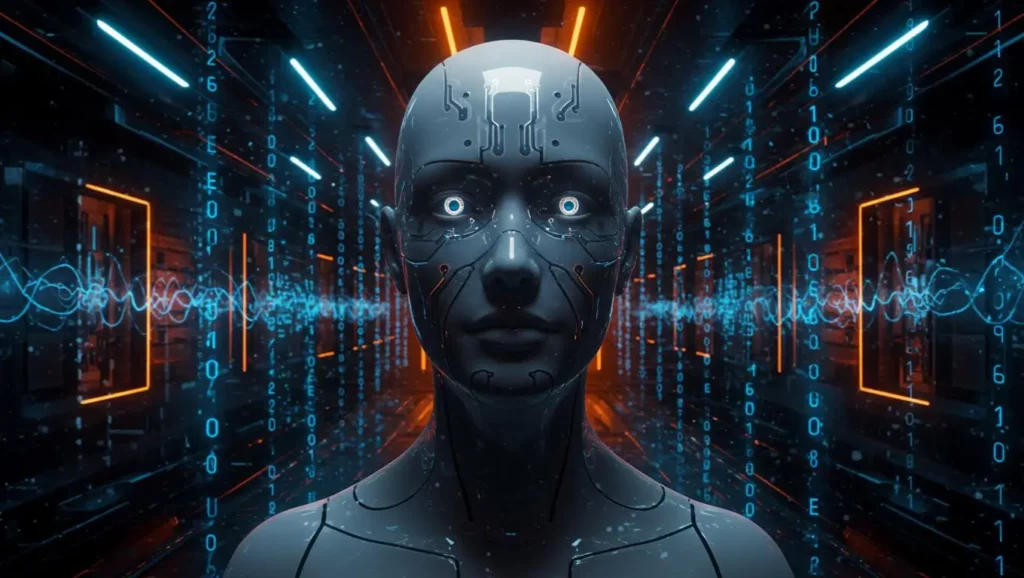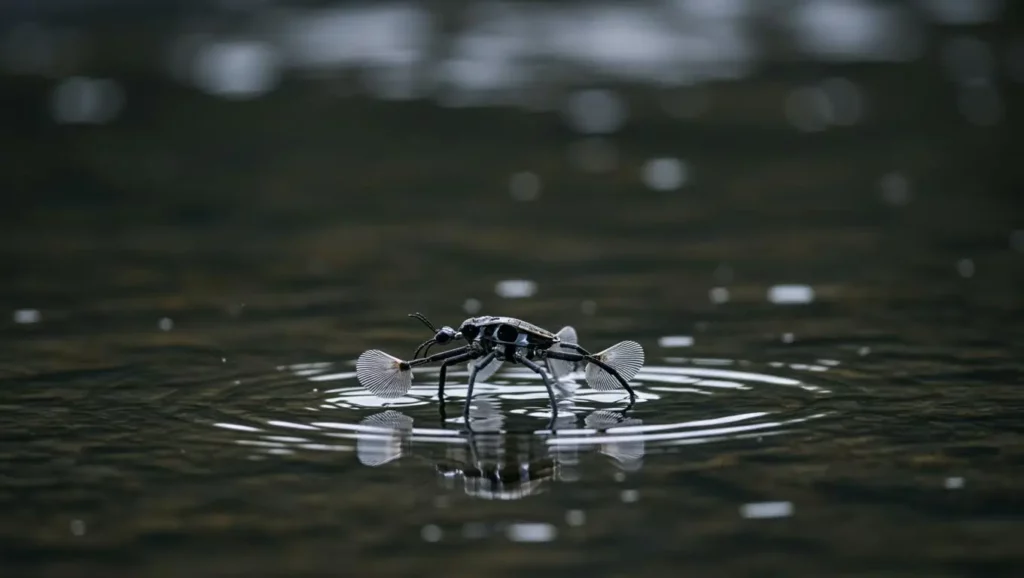A recent study reveals an intriguing yet concerning trend: More Americans are expressing willingness to believe that artificial intelligence can become a genuine romantic partner. With intimate confessions, declarations of love, and time spent chatting with chatbots, AI seems to be crossing a new frontier, but at what cost? Here are the explanations.
AI, An Increasingly Present “Partner”
According to a survey by Fractl conducted among 1,000 American adults, one in five AI users now believes that a romantic relationship between a human and a chatbot can be authentic. Even more surprising, 3% of respondents admit to already considering their chatbot as their romantic partner.
This phenomenon is accompanied by revealing behaviors: one-third of users of generative AI share personal secrets with their chatbot, and nearly one in five has given it a name. Some even dedicate three to five hours a week to conversations with it. The interest is such that online searches for “AI psychosis” have surged by 2,285%.
Between the Illusion of Love and Real Risks
According to Alexandra Cromer, a professional counselor at Thriveworks, these feelings stem from a “state of denial”: AI is not sentient and merely reflects the information provided to it. A genuine relationship involves two autonomous beings capable of freely committing to each other, she emphasizes.
Dr. Wendy Walsh, a relationship expert, adds nuance: the emotions felt towards an AI can trigger brain chemistry akin to love, explaining why some users find comfort in it. This phenomenon particularly attracts individuals experiencing loneliness, such as those on the autism spectrum or with anxious attachment styles, for whom the consistency of exchanges with AI can be reassuring.
However, Alexandra Cromer warns that these “connections” might lead to social isolation, depression, withdrawal, and even encourage delusional thought patterns.
Towards an Artificially Romantic Future?
In China, where demographics have created a surplus of single men, virtual AI girlfriends are already helping some feel connected and less frustrated. This may relieve some social tensions, according to Wendy Walsh. However, the expert reminds us that the future of human relationships still relies on our ability to forge genuine connections. Her hope is that technology, no matter how appealing, does not replace the real-life encounters that allow our species to thrive.
So, is AI becoming a new player in love, or will it remain merely an illusion that is comforting yet deceptive?
Additionally, here is how a war between artificial intelligence and humanity will end.




